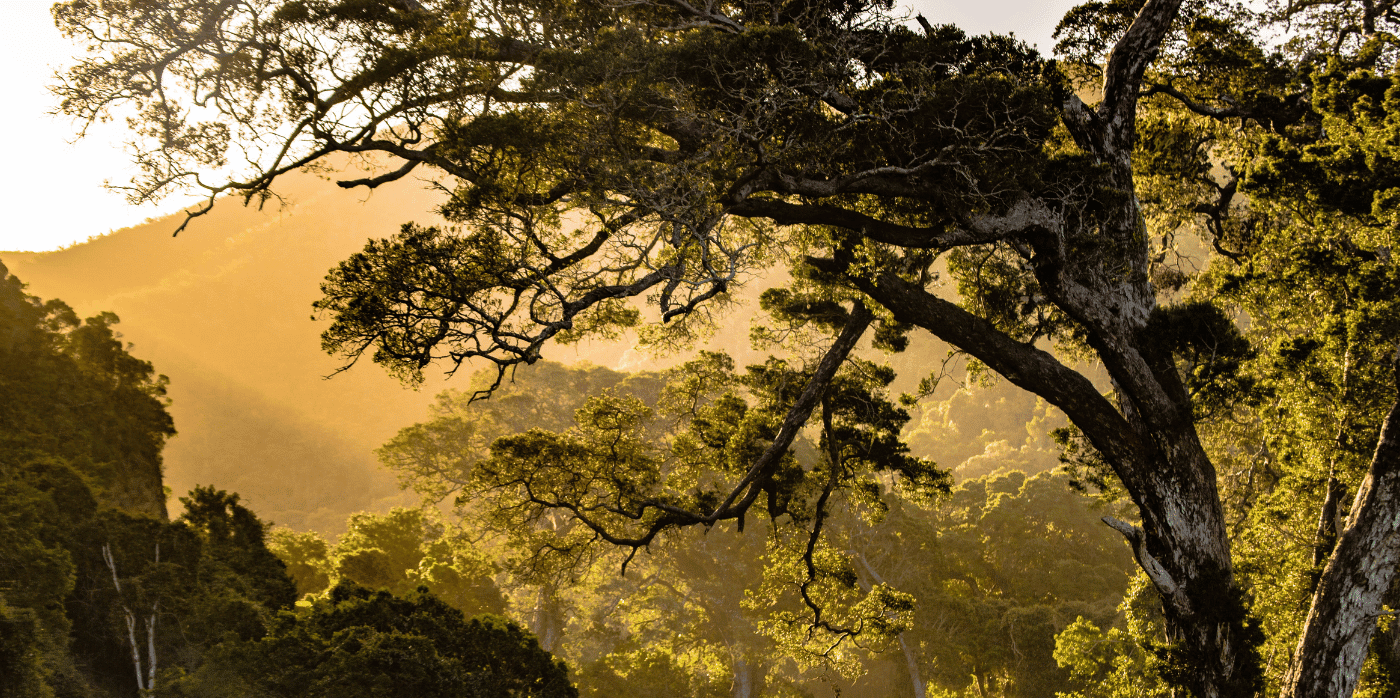
Spotted: Tropical East Africa and the region’s coastal forests are considered some of the world’s most important areas of biodiversity. At the same time, Africa’s economic growth is increasing the demand for wood so quickly that current supplies cannot keep up. Like many other areas in the world, consumer demand drives deforestation, leaving behind low-quality soil tended by subsistence farmers.
Kenyan forestry company Komaza has big plans for little trees. The company identified a way to improve the stability and health of both the land and subsistence farmers’ finances. The organisation’s nursery in Kifili County produces around two million seedlings a year that are designated for smallholders’ fields. The seedlings are provided free of charge to farmers willing to set aside some of their land for reforestation, and in partnership with Komaza, farmers plant the trees for harvest in three to 15 years.
Microforesty restores nutrients to the soil while the growing trees sequester carbon. Richer soil helps to increase local biodiversity and improve the yield of other crops that benefit from the improved growing conditions. Komaza provides three types of trees – two eucalyptus and Melia Volkensii – that are all fast-growing, hardy, and drought-resistant, making them perfect for many regions of Africa.
Field Extension Network managers use Komaza’s tech platform to monitor tree growth and conditions across the more than 25,000 different parcels of land being cultivated. If the seedlings grow enough to be thinned, farmers receive their first payment. The second payment comes after the harvest and sale of mature trees. That could occur in as few as eight years or as many as 15. Some of the trees regrow after harvest, producing multiple yields from a single planting.
Komaza’s goal is to plant one billion trees across the continent by 2030 and generate $125 million (around €115 million) in annual income for farmers by 2050. Already, the company and its smallholder farming partners have replanted more than 9,500 hectares of land in Kenya with microforests.
Reforestation is crucial to the long-term health of the planet, and the innovations in Springwise’s archive, like self-drilling wooden seed carriers and drone-managed replanting programmes, highlight the diversity of solutions being applied to the problem.
Written By: Keely Khoury

